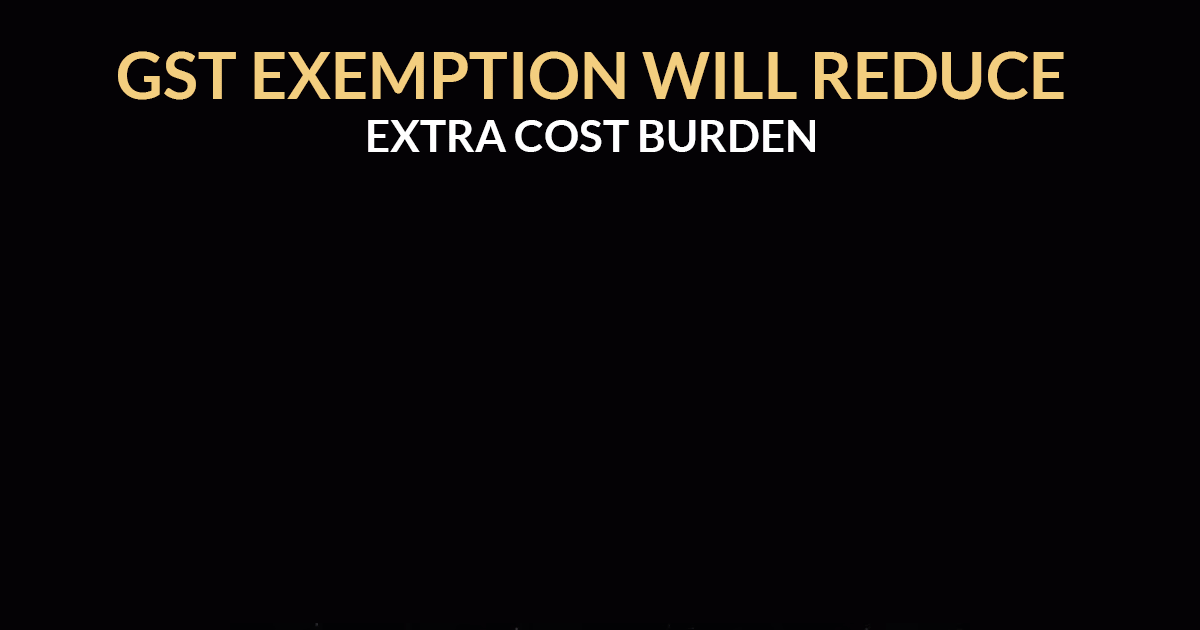
In a significant move to improve India’s space tech ecosystem, private launch service companies have been exempted from Goods and Services Tax (GST) when they dispatch satellites into space using their particular rockets or launching vehicles.
After the 50th GST Council meeting held in New Delhi, Union Finance Minister Nirmala Sitharaman also said that the private organisations’ backed satellite launch services are free from GST.
The satellite launch sector in India has caught the attention of companies that are looking to bring innovation and generate new revenue opportunities. It became possible after India made some serious reforms to attract private participation which began in 2020.
The big player in this sector, Indian Space Association (ISpA) said the government has completed what it said in pre-budget proposals to the government for FY24.
Welcoming the move Lt. Gen (Retd) Anil Kumar Bhatt, director general of ISpA said that this will encourage the nation’s space industry and boost its growth. He added that hopes the benefits of this initiative does not just limit to satellite services but other fields of satellite services as well including applications.
Read Also: 50th Council Takes Necessary Steps to Improve GST Compliance
The action was termed a “morale and confidence booster” for the industry by the SatCom Industry Association (SIA)-India, the nation’s top trade association for satellite communication firms.
It is a significant advancement that will enable private businesses to accompany India on its voyage into the new space economy. According to Anil Prakash, Director General of SIA-India, the decision will provide the private satellite ecosystem in the nation with more growing momentum.
Several space tech start-ups have emerged over the past few years, including Skyroot Aerospace, Bellatrix Aerospace, Pixxel, Dhruva Space, AgniKul Cosmos, GalaxEye Space, and Digantara Research Technologies. These companies have also piqued the interest of many investors.
Making the level playing field
According to Skyroot Aerospace, based in Kondapur (Telangana), the move is historic and will help level the playing field for all.
GST is not required of domestic satellite clients launching with Indian private businesses. Previously, New Space India Ltd. (NSIL) was the only company eligible for the GST exemption. The fact that it has been made available to private businesses as well is encouraging, according to Pawan Kumar Chandana, co-founder and CEO of Skyroot Aerospace.
Bengaluru-based Digantara Research & Technologies, which just raised an additional $10 million in funding, called the action “transformative.”
It eliminates a significant financial burden and gives commercial space technology companies an equal opportunity to compete on national and international stages. The government has shown its commitment to promoting innovation and growth in the space technology sector by removing this tax burden, said Anirudh Sharma, co-founder and CEO of the company.
Additionally, consultants claimed that the government’s efforts to make the sector competitive will foster its expansion.
The decision of the GST Council, according to Shilpy Chaturvedi, partner at Deloitte India, will aid in boosting the “Make in India” initiative and ease of doing business. The industry’s plea for equal playing fields for private businesses will be greatly aided by the government’s acceptance of that request.
Primarily fueled by a rise in private participation, cutting-edge technology, and the availability of affordable launch services. According to research, the space launch market in India is predicted to expand at a CAGR of 13% by 2025.
Fact.MR, an Irish company that conducts market research and competitive intelligence, in its study said that the satellite communication market will be worth $192.09 billion by 2032, up from $78.22 billion in 2022.








